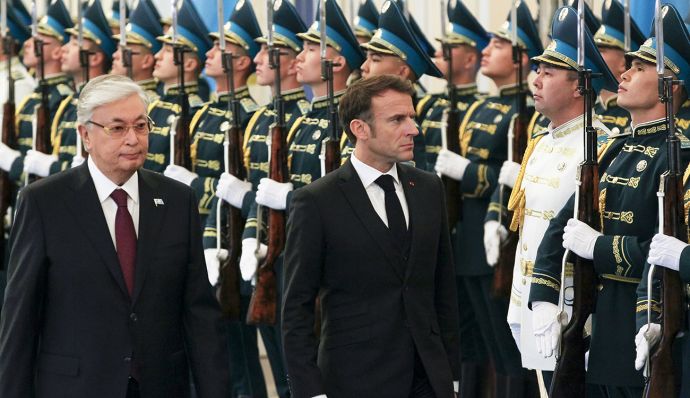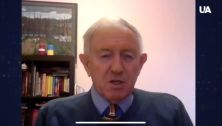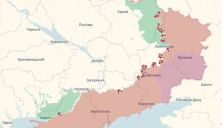France and Kazakhstan are expanding cooperation in the field of extraction of strategic minerals, construction of wind power plants and maintenance of railway locomotives. According to the results of the meeting between Presidents Emmanuel Macron and Kassym-Jomart Tokayev, the parties signed six agreements on strengthening bilateral relations, the website of the leader of Kazakhstan reports. It is known that after the visit to Astana, Macron will go to Uzbekistan, FREEDOM informs.
Russia will lose its leadership position in Central Asia from 2020, experts are sure. Then Azerbaijan regained part of its territories, and Armenia waited in vain for help from Russia, an ally of the CSTO. Although the ceasefire agreement was signed by the president of Azerbaijan, the prime minister of Armenia and the head of the Kremlin, in fact Moscow limited itself to monitoring the situation.
“Someone depends or was dependent as much as possible in the context of security — Armenia, for example. Now, after all these changes due to the conflicts between Azerbaijan and Armenia, the latter is trying to get rid of its direct security dependence on Russia,” noted international expert Bohdan Ferens.
It is obvious that Russia, which was one of the main founders of the CSTO, is actually losing its strength, believes international affairs expert Taras Semenyuk.
“Therefore, not only Europeans, but also Americans began to establish strong, powerful contacts with these countries in order to build an alternative, to offer an alternative. But here it is often not about Russia, but about China,” Semenyuk says.
China is systematically working to strengthen its influence in the region. For example, Beijing signed an agreement on visa-free regime with Astana. Countries are developing logistics connections and increasing trade volumes.
Russia’s full-scale war against Ukraine has further changed the vector of regional politics. It is dangerous to be dependent on a weakened but aggressive Russian Federation. Therefore, the states of Central Asia seek to distance themselves from their toxic neighbor.
“The context is changing. Having launched a war against Ukraine, Russia is really losing its influence and power in the region directly. And the European Union understands that it is necessary to take advantage of this moment. That is why the activation is happening. It is also necessary to analyze that in these countries the leaders directly give their assessment of the situation. In Kazakhstan, for example, they are also trying to use these opportunities, they are directly showing interest in the European Union and Western countries,” said Ferens.
The deepening of cooperation is evidenced by the meeting of the heads of foreign affairs of the European Union countries with their counterparts from the Central Asian countries on the eve of the First Formal Summit of the EU and Central Asian countries. In addition, bilateral ties are also strengthened. The last visit of French President Emmanuel Macron to Kazakhstan was effective.
“For eight months of the current year, the volume of trade between our countries increased by 21% compared to last year and reached 2.7 billion dollars. France is also among our main foreign investors. Over the past 15 years, about 18.7 billion dollars have been attracted from France to Kazakhstan. investments. We implement important projects in the energy, nuclear industry, mining, chemical, machine-building, construction, aerospace and pharmaceutical industries. This is evidenced by the successful operation of more than 170 French companies in the country,” said the President of Kazakhstan Kasym-Jomart Tokayev after the meeting with his French colleague.
All parties are interested in cooperation, experts are sure. The countries of Central Asia receive investments and opportunities for the development of their economy from Europe and the USA. But the leaders of the civilized West, among other things, are interested in guarantees that Russia’s neighbors will not help the Kremlin to circumvent sanctions.
“It is hardly possible to talk about any definite return of these countries to the orbit of Moscow. Because Russia has already shown its incompetence, inability to be a leader in this region. Obviously, China will take up this initiative. The People’s Republic of China is trying as hard as possible to seize leadership in these regions, in these states, and to give a signal that Beijing can be oriented and this is a long-term perspective,” said Taras Semenyuk.
The Russian Foreign Ministry complains that the West is stealing friends and allies from the Russian Federation, pulling the blanket over itself. However, the Kremlin has not yet received any reaction to its accusations.













